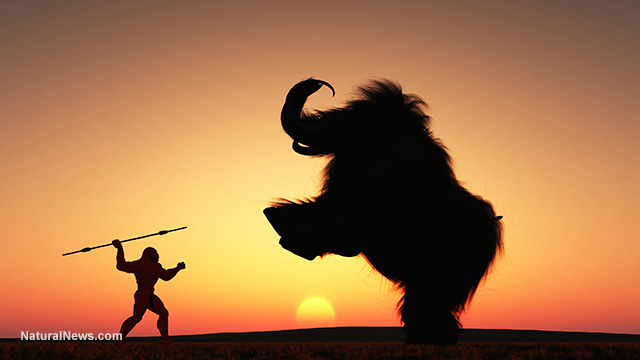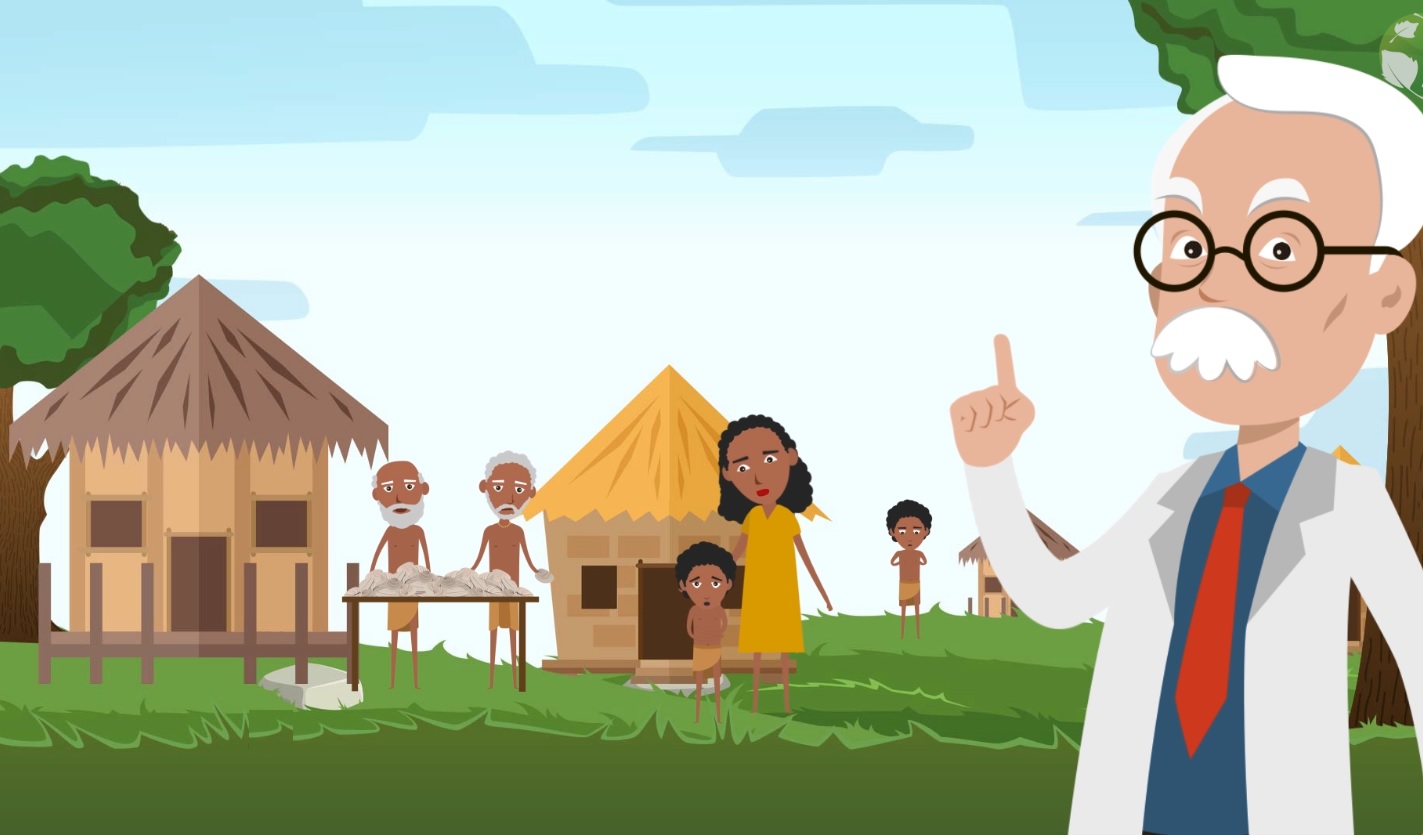
A fascinating new study has shed light on one aspect of human behavior that doesn’t tend to get a lot of attention, and that is the delight that some people take in seeing people get punished for antisocial behavior – even if they are normally opposed to seeing people suffer. In fact, the study shows that six-year-old children and chimpanzees alike enjoy seeing punishment doled out so much that they are willing to pay to witness it.
While past research has demonstrated that people and certain animals are concerned and empathetically distressed when they see others being harmed, that distress becomes pleasure when they feel the harm is a just punishment for some type of antisocial behavior.
It’s important to note that antisocial behavior is not the same thing as introvertedness as some people mistakenly believe; "antisocial behavior" is defined as “disruptive acts characterized by covert and overt hostility and intentional aggression toward others.”
When the team of researchers from the Max Planck Institute in Leipzig, Germany, carried out their study, they first taught children between the ages of four and six to identify individuals as being pro-social or anti-social through a puppet theater. They had a friendly character who would give kids their favorite toys back as well as one who was uncooperative, keeping their toy for themselves. They added a puppet who meted out punishment to the mix, pretending to hit the others with a stick. The children could decide whether they wanted to witness these pretend hits by paying for the privilege with a coin, or they could choose not to watch the punishment and receive stickers in exchange for their coin instead.
The children generally refused to watch the friendly puppet suffer, but the six-year-olds preferred to give up the chance to get stickers and turn over their coins to watch the antisocial puppet be punished. Moreover, their expressions indicated that they derived pleasure from watching the antisocial puppet suffer. The four- and five-year-olds, on the other hand, did not seem to take delight in witnessing the punishment, even when they did elect to see it.
A similar effect was seen in chimpanzees. Two zookeepers played social and antisocial roles, giving them food and taking it away respectively. Another person pretended to beat the two zookeepers using a stick. Many of the chimpanzees went out of their way to watch the antisocial zookeeper be punished, opening a heavy door to get a view of it. However, they showed no interest in this option when the friendly zookeeper was harmed and protested strongly when the zookeeper was punished in their view.
Nature or nurture?
One of the study’s first authors, Natacha Mendes, said that the results show that there is an evolutionary basis for the desire to avenge antisocial behavior, calling it a “crucial characteristic to manage living in a community.” It would appear, given its presence in chimps as well, that it could have biological roots rather than merely being a function of human socialization.
Could this sense of social justice help explain the vast and growing polarization seen in politics, with people on all sides seeking to see others pay for actual or perceived misdeeds? The results of the study seem to indicate that it’s human nature for some people to be unsympathetic toward people who are punished for behaving antisocially, just as it’s human nature not to want to see others who have been kind to you suffer unfairly. Peer punishment, at least according to this study, may have evolved as a way to ensure cooperation among groups and enforce social norms.
The findings were published in the journal Nature Human Behavior. See Groupthink.news for more reporting.
Sources include:
Please contact us for more information.




















